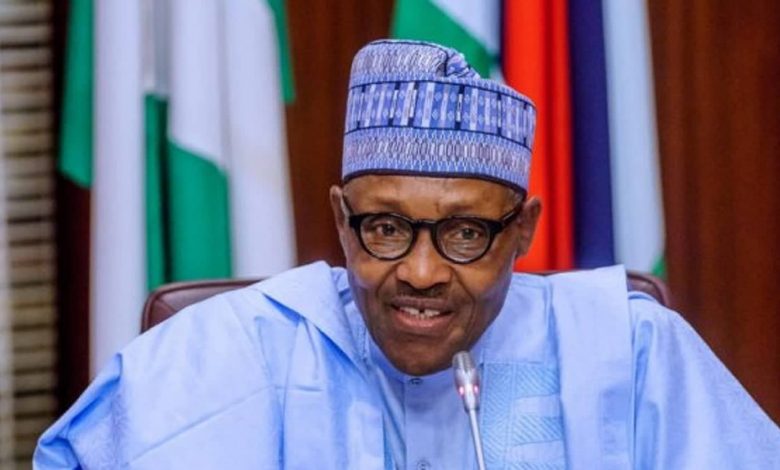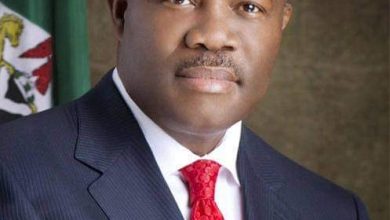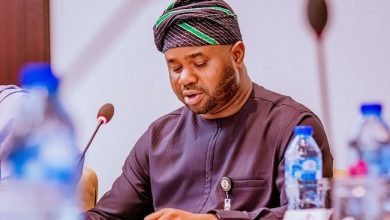Highlights of Nigeria’s 2022 Budget of Economic Growth and Sustainability

Nigeria’s President, Muhammadu Buhari presented the 2022 Budget on 7 October 2021, to the Joint Session of the National Assembly.
Highlights
The 2022 budget has a deficit of about N6.25tn, approximately 3.39% of GDP. This is slightly above the 3% ceiling set by the Fiscal responsibility Act 2007 (FRA). However, the president alluded that the expenditure level was necessary to assist with overcoming current security challenges and accelerate post-recession growth. The President insists that Nigeria only has a revenue challenge and not a debt sustainability problem.
The deficit is expected to be financed by new borrowings, privatisation proceeds and drawdown on loans secured for specific projects.
Non-debt recurrent expenditure of N6.83tn is the largest expense item, with 60% relating to personnel costs at N4.11tn.
The capital expenditure budget of N4.89tn represents an increase of 18% compared to 2021, and about 30% of total 2022 expenditure.
Debt service expenditure is estimated at N3.61tn, representing about 35.6% of the projected revenue for the year.
The President highlighted that the loans would be directed at financing critical development projects and programmes, and highlighted plans to grow the revenue-to-GDP ratio from currently about 8%, to 15% by 2025.The President has indicated intentions to strengthen frameworks for concessions and Public-Private Partnerships (PPP). He also made reference to exploring innovative approaches for sustainably raising infrastructure financing, such as implementing the Sovereign Green Bond Programme and debt-for-climate swap mechanisms.
Revenue mobilisation
- The President underscored 4 strategies to improve revenues, including:
- enhancing tax and excise revenues;
- reviewing the effectiveness of policies for tax waivers and concessions;
- increasing customs revenue through technology; and
- preserving the revenue derived from the oil and gas sector.
Petroleum Industry Act
The President commended the National Assembly for the passage of the Petroleum Industry Act (PIA), highlighting his hopes of attracting investments in the sector.
2021 Finance Bill
The 2021 Finance Bill would subsequently be forwarded to the National Assembly after completion of consultations. The Bill is intended to support the realisation of the 2022 fiscal projections.
There have been concerns about Nigeria’s rising debt profile especially debt service to revenue ratio as well as foreign exchange liquidity constraints, both of which have been exacerbated by the COVID-19 pandemic.
While some of the revenue-generating initiatives in the budget are commendable, a key focus area may be to explore avenues to diversify export revenue sources away from crude oil, which currently accounts for more than 80% of total foreign exchange receipt.
It is also important to plug loopholes in government spending, such as reviewing the current petroleum subsidy regime for total removal or to ensure that it is targeted only at the most vulnerable Nigerians. In addition, concerted and coordinated efforts are required to improve the policy environment and address insecurity in order to boost domestic investment and attract foreign direct investments.
The government also needs to ensure speedy ratification and strategic implementation of the Africa Continental Free Trade Agreement (AfCFTA) to position Nigeria as a choice investment destination in Africa.
It is expected that a robust implementation of the PIA would promote significant investment in the oil and gas sector, stimulate economic growth and sustainable development.






